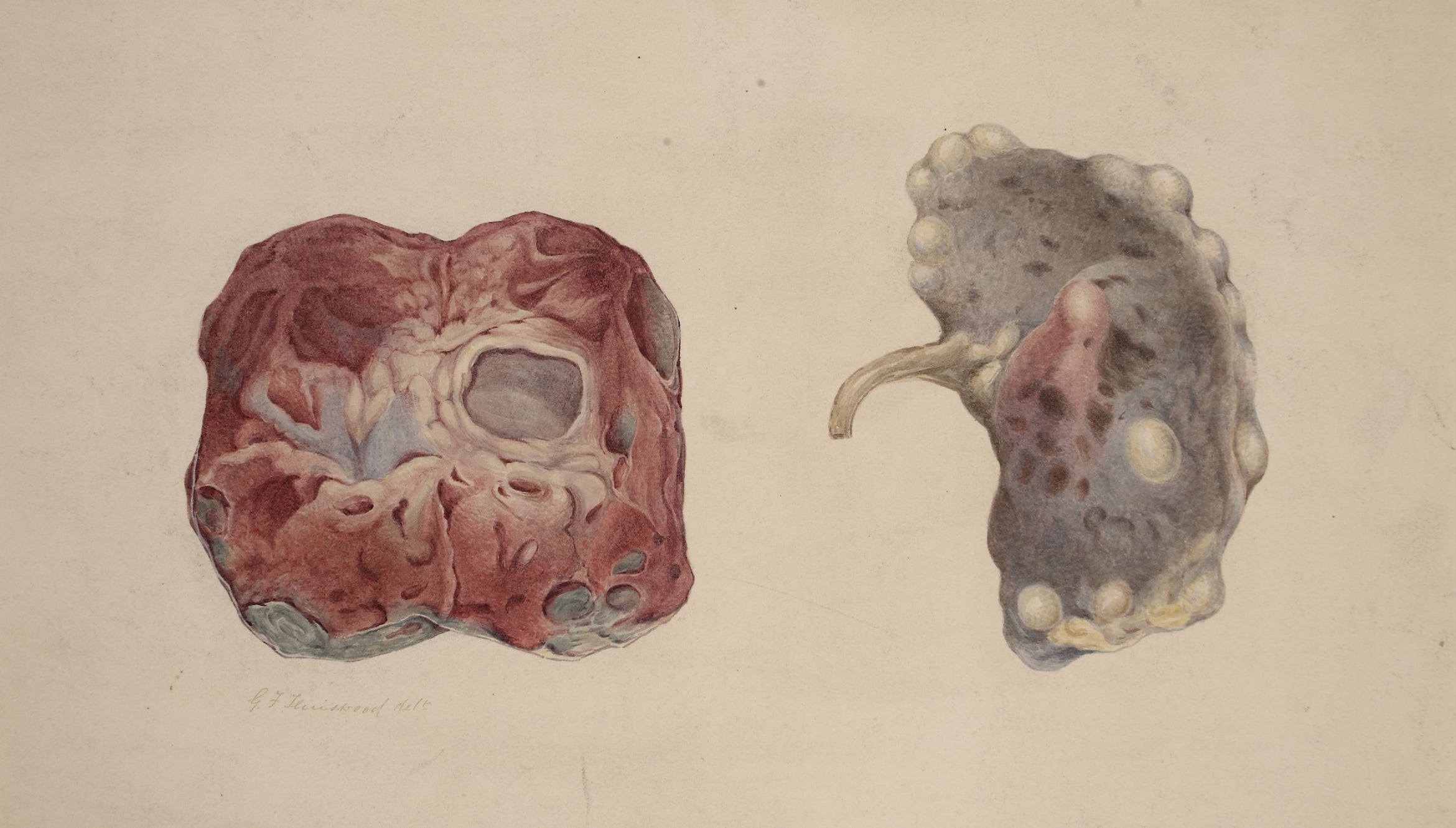Scholar of Jewish Spirituality to Point Out Areas Where Religion and Science are in Harmony
According to Daniel Matt, spirituality and science are two tools of understanding -- each valid in its domain -- that should not be confused. But there are times, he says, when the insights they provide resonate.
Matt, a professor at Shalom Hartman Institute in Jerusalem and an internationally recognized authority on Jewish mysticism, will share his thoughts on the convergence of religion and science in "Kabbalah and Contemporary Cosmology: Discovering the Resonance," at 7:30 p.m. Thursday, March 6, in the Corwin Pavilion at the University of California, Santa Barbara. His talk is free and open to the public, and is the second presentation of the 2003 Templeton Science, Religion and the Human Experience lecture series. It is co-sponsored by the Herman P. and Sophia Taubman Foundation Endowed Symposia in Jewish Studies.
Matt will pose several questions during his remarks:
·What does the Big Bang Theory -- the scientific creation myth of our culture -- have to do with God?
·How can it help us discover a spiritual dimension in our lives and recover a sense of wonder?
"In answering these questions, I draw on the insights of Jewish mysticism as well as contemporary cosmology," said Matt, formerly a professor of Jewish spirituality at the Graduate Theological Union in Berkeley.
"I suggest several parallels, but my purpose is not to demonstrate the 13th-Century kabbalists knew what cosmologists are now discovering. Rather, in juxtaposing these two distinct approaches -- scientific and spiritual -- I experiment with seeing each in light of the other."
Matt has a Ph.D. from Brandeis University. His six published books include "Zohar: The Book of Enlightenment," "The Essential Kabbalah: The Heart of Jewish Mysticism," and "God and the Big Bang: Discovering Harmony between Science and Spirituality."
Discussants for the talk will be Barbara Holdrege, a professor of religious studies at UCSB, and Walter Kohn, Research Professor of Physics and recipient of the 1998 Nobel Prize for Chemistry.
The Templeton Lectures on Science, Religion, and the Human Experience, a three-year series now in its final season at UCSB, is sponsored by the John Templeton Foundation, which seeks to encourage "a fresh appreciation of the moral and spiritual dimensions of life."
Jim Proctor, an associate professor of geography, directs the UCSB series. The Templeton Foundation also is supporting lectures on science and religion this year at Columbia and Stanford universities, UCLA, the University of Montreal, and at Bar-Ilan University in Israel.
Two more UCSB Templeton lectures are scheduled for this year.
On Thursday, April 17 (7:30 p.m., Corwin Pavilion), Anne Harrington, professor of the history of science at Harvard University, will speak about "Uneasy Alliances: The 'Faith' Factor in Medicine, The 'Health' Factor in Religion." Harrington also serves as co-director of the Harvard University Mind, Brain, and Behavior Initiative. On Thursday, May 15 (7:30 p.m. Corwin Pavilion), Jim Proctor, a UCSB professor and program director of the Templeton lecture series, will discuss "In ___ We Trust: Science Religion, and Authority."
More information on the Templeton lecture series, including speaker biographies and abstracts of each talk, can be found on the web at www.srhe.ucsb.edu.
Related Links



